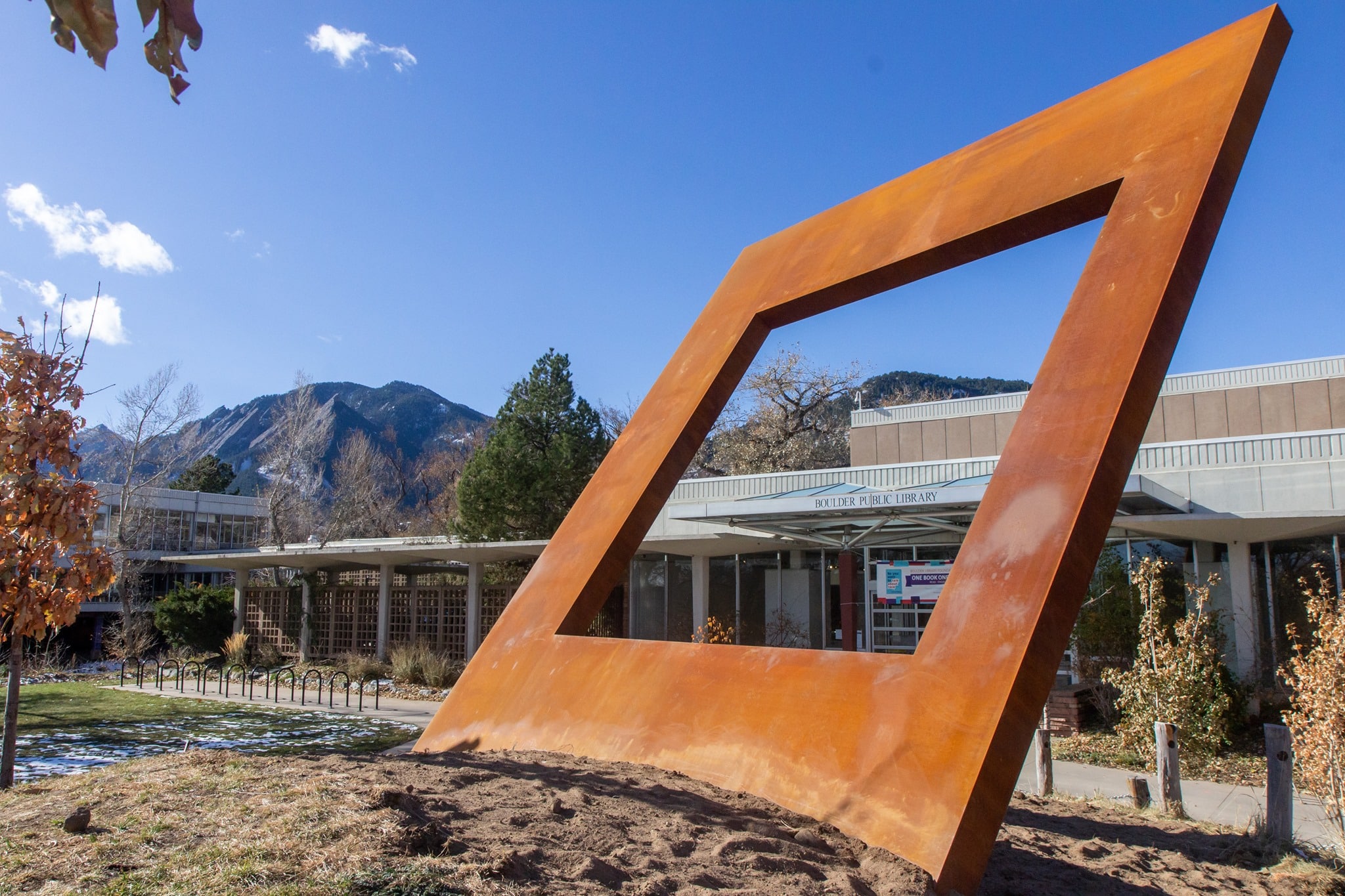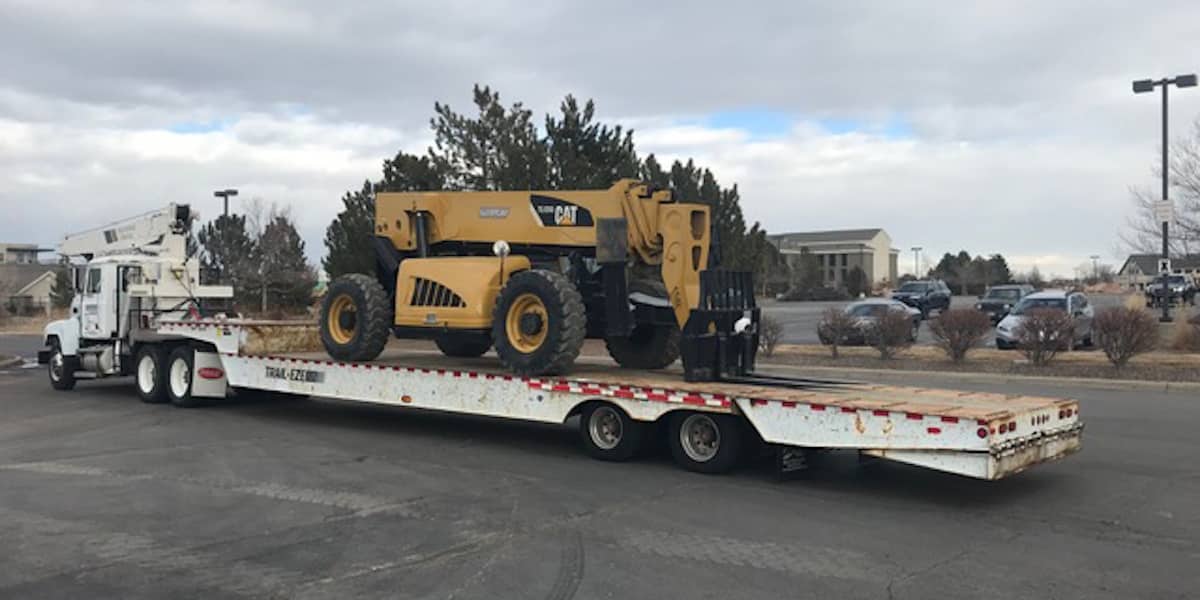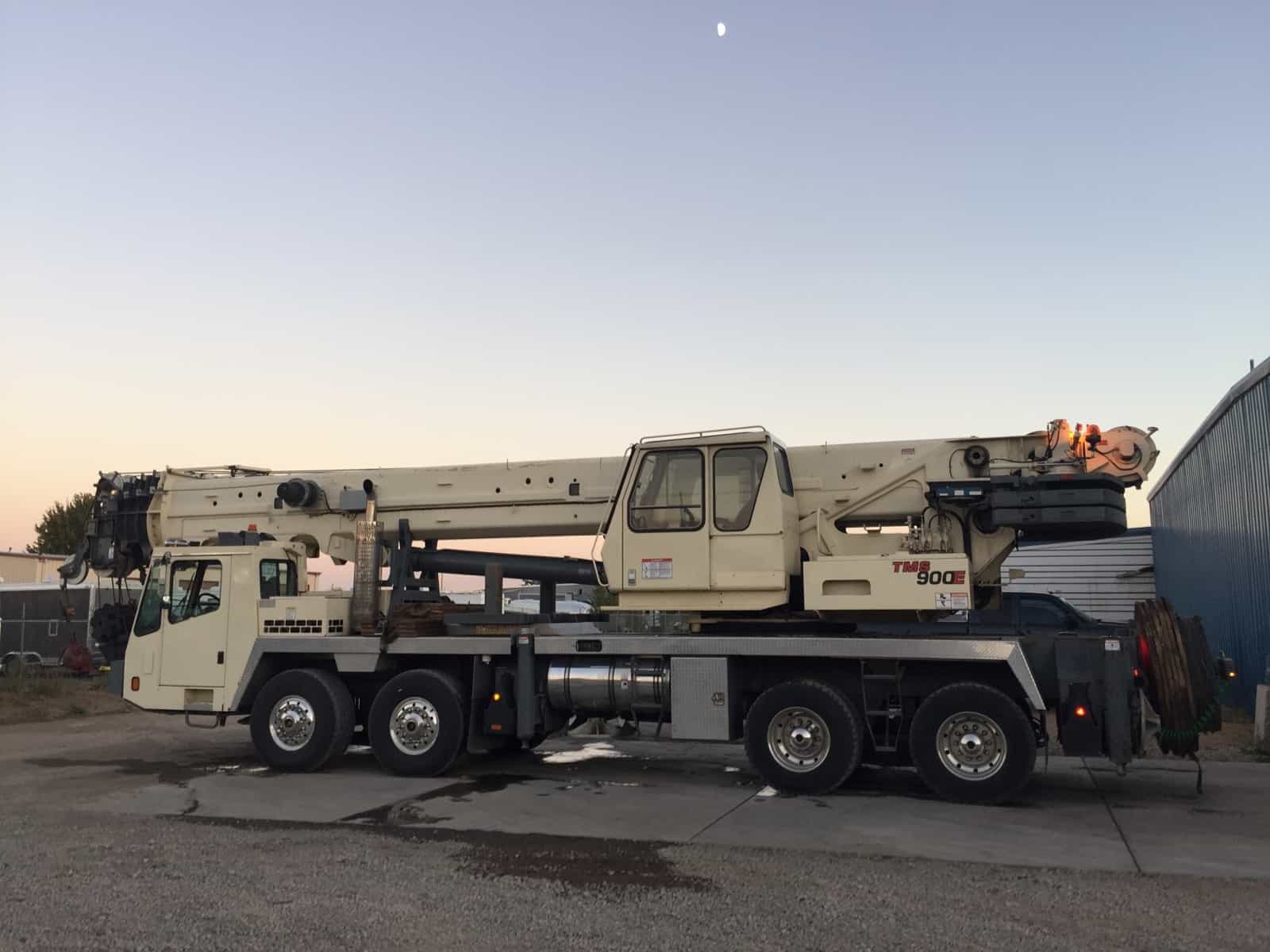Working with a mobile crane on a construction site or lift project can become an exceptionally arduous task during the winter months. Not only can the crane’s internal features and overall productivity be affected by the winter chill, but the high winds and frigid temperatures can hinder the ability of even the most skilled workers to be at their best while onsite. People working outdoor jobs are susceptible to suffering the worst of winter’s consequences if they don’t properly safeguard themselves from cold temperatures. It’s vital for crew members working in the cold to realize not only how the elements can negatively impact their equipment, but also themselves.
Outdoor laborers who work prolonged time in the cold without protection put themselves at tremendous risk for a host of unpleasant and potentially fatal problems. Before you step out for a job, make sure you’re properly insulated. It makes sense to eat gradually throughout the day to keep your body warm. A good coffee may be tempting, but it’s best to avoid caffeine and alcohol, two drinks that constrict blood vessels and promote dehydration.
Make sure you’re wearing enough layers to keep yourself warm, but don’t wear so much that you begin to excessively sweat. Sweat extracts heat from the body and lowers body temperature, which is the last thing you want in freezing weather. For that reason, outdoor workers are generally advised against wearing too much cotton or goose down material.
It’s also important to wear at least two pairs of socks, with at least one of them being wool. Boots should be snug, but must be big enough for your toes to have wiggle room and proper circulation. Warm gloves are also vital.
Pack multiple large packs of water, and also keep some electrolyte-rich fluids in case any of your crew over-exerts themselves.
Without paying attention to the previously stated advice, you’re putting yourself at risk of a host of afflictions that can keep you from work from a long period of time, such as:
- Dehydration: It’s typically thought of as something we suffer amid the heat, but it can happen during the winter too, especially while doing physical labor. As you perspire, be sure to keep yourself hydrated to avoid sweating too much and lowering your body temperature. Keep water and other fluids at easy access onsite.
- Frostnip: After working for a prolonged period of time in the cold without proper insulation, frostnip is possible. Frostnip is our body’s way of letting us know that frostbite is on the way if we don’t get ourselves warmer. It’s important to take intermittent breaks from your work to stop and check your hands. If you begin to feel stinging pain in your hands, feet, or other extremities, and/or see redness in your hands, heed the warning. If you keep pushing, you’re at risk for frostbite.
- Frostbite: Frostbite is what comes after frostnip, and it’s a much more dire ailment. Frostbite is exactly what it sounds like: it freezes your skin, and crystallizes its upper layers. It can occur in as little as five minutes, and once it onsets, you must immediately stop any work and get somewhere warm. Your skin may be white, a purplish-white or gray, depending on the severity. After the danger period clears, the affected skin will blister, and may even turn black as your tissue dies. Amputation could be necessary to prevent gangrene from spreading and causing permanent nerve damage.
Wear warm clothing, take breaks, stay hydrated, and utilize a buddy system onsite. Make sure you and your buddy are checking on each other and imploring each other to take breaks and take all the other necessary precautions to beat the chill.





One Response
I’m glad they said “stay with electrolyte rich fluids too”. This is very important. A sugary drink is not the same. And it’s also important to be able to move freely in your outfit. The most annoying and dangerous thing is not being able to move quickly. Good summary!